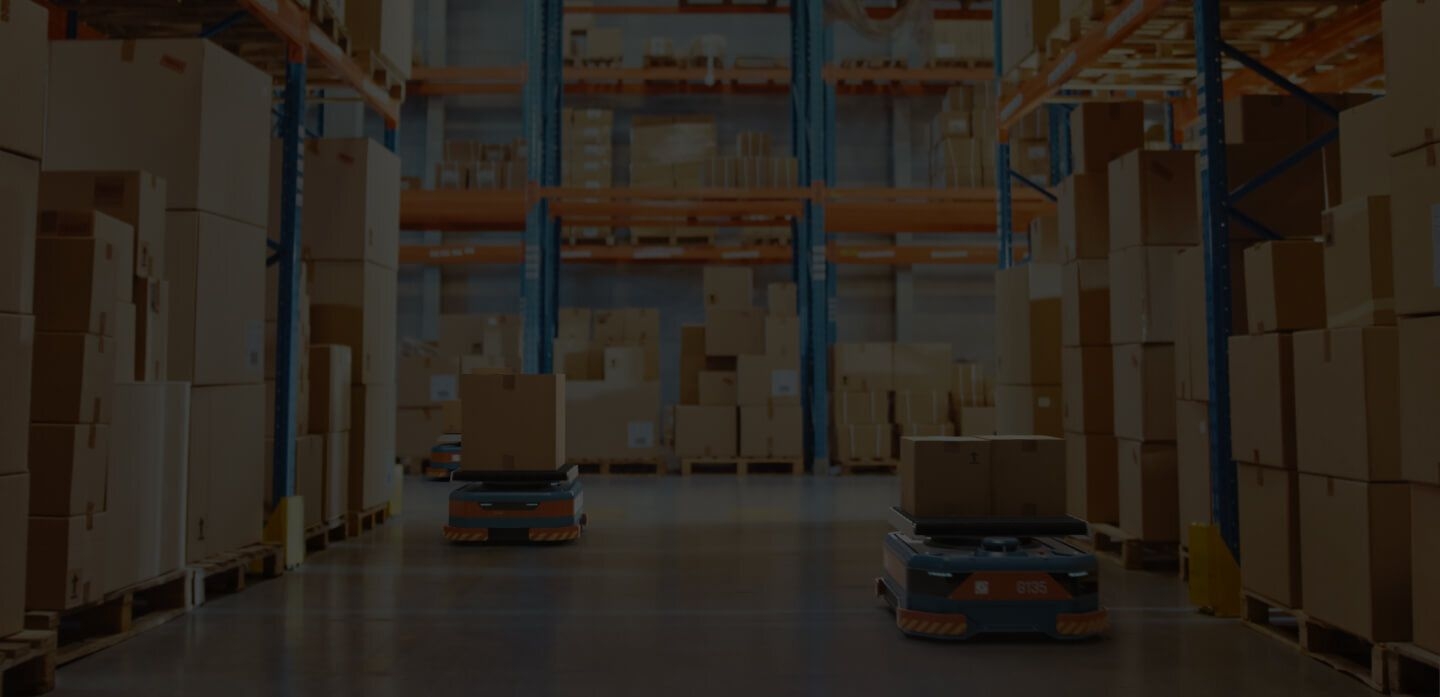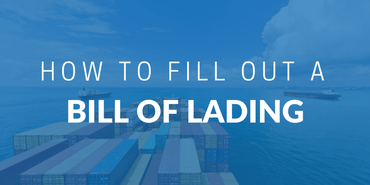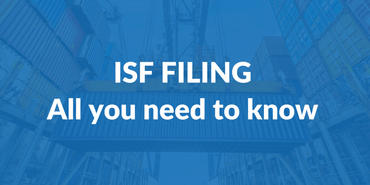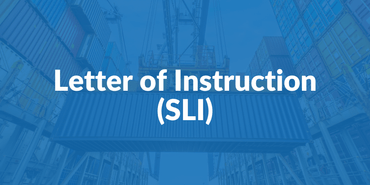
What is an export license and who needs it?



![]()
The U.S. government regulates the goods being exported from the country. This is why they require that shippers of certain goods obtain export licenses. In this article, we talk about export licenses, what it is, and how to know if you require one.
What is an export license?
An export license is a document that states that the holder of the license has been approved to export a certain quantity of goods from their country. It’s different from an import license, which allows you to bring those same types of goods into your own country.
Export licenses are important because they keep track of how much stuff is moving out of a country and make sure governments know where it’s going and who is sending/receiving it. This helps them regulate trade between countries effectively.
Types of export license
Open Licenses (General)
Here, there are no restrictions on the number of items exported or exact dollar values. However, a specific commodity identifier must be used in order to avoid having to fill out another license later when an import license is required for one of the imported products.
Specific Licenses (Single)
This license only allows the export of specific types of items, so there is less risk in mislabeling them according to federal regulations.
Individual Validated License (IVL)
This is an export license for multiple exports of either low or high-tech defense articles to “close allies” over a 6-month period. The exporter must go through an extensive approval process before it can be issued, so there’s more risk involved with mislabeling according to federal regulations.
Multilateral Validated License (MVL)
This is an export license for multiple exports to “immediate threats” over a 6-month period.
Who needs an export license?
Export licensing distinguishes between the different types of exports; for example: civilian or military. There are some products that would not typically require an export license when being shipped domestically, but when they are being sent across international borders then they become subject to restrictions by that country’s government regarding the type of product being exported.
Export licenses are needed by any business or company that exports goods produced in the U.S. They are also necessary when one country’s government has signed onto an international agreement with another nation that requires them to obtain specific documentation before sending out military products.
Countries usually have these requirements because they want to know more about what types of products and technologies other countries possess and if they can pose a threat if those same items end up falling into the wrong hands (e.g., terrorists).
Sometimes, multiple licenses may need to be filled out depending on how much information is requested from the exporting country. In many places, including the USA, only two kinds of people require an export license: Organizations with military ties and individuals who want to sell things internationally as part of their jobs (army contractors).
The arms industry follows pretty strict guidelines on who can buy what weapons around the world to try and prevent conflict escalation between countries. They do this by restricting arms sales to “end-user” counties (countries where they will actually be used). This way it’s very easy to see which countries are arming themselves with which types of weapons and how much they’re spending.
Export licenses are also required if you work for an organization that’s developing weapon systems. This is because many weapons fall under International Trafficking in Arms Regulations (ITAR), which is a set of rules and restrictions created by the government about exporting military technology and sensitive information. These include:
- Firearms/Ammunition
- Combat Shotguns
- Weapon Accessories
- Nuclear Materials
- Biological Agents
- Defense Articles (i.e. any item or technical data with a military purpose)
What are dual-use items?
Dual-use items are products with both commercial and military applications. When creating an export license, the goods may be listed as dual-use items. This means that there is no guarantee about how it will be used outside of your country.
There are always license requirements to send defense articles out of the country, even temporarily (to another US city for repairs). If you do need to send them, they should be sent through either the Department of State or the Department of Commerce, depending on what it is.
If you’re interested in exporting items that are not controlled by ITAR, you should check with your local Bureau of Industry and Security (BIS) to see if there’s anything else you would need an export license for (individuals will also need an Export Control Classification Number (ECCN)). Some non-ITAR items include:
- Food
- Medicine/Medical Devices
- Chemicals and Pesticides
- Wood, Paper, and Wine
- Fish and Timber
What is an ECCN?
An ECCN is a 5 digit number that the Department of Commerce gives to goods and technology that it wants to control. An ECCN will list what types of goods or technologies it applies to and may also tell you about country restrictions, such as whether it’s allowed out of the US without an export license.
How to find your ECCN
If you have an Export Control Classification Number (ECCN), there are many places you can go online to look up your specific classification. The best place for this information is through BIS because they’re updated regularly. If you want something more comprehensive, check out the Department of State website.
To find your number, first, visit www.bis.doc.gov, then click on the “ECCN Search” button in the middle of the page. You can also try http://www.export.gov/FAR for more detailed information about your product and if you need an export license to move it internationally.
How to apply for an export license
A license can be applied for online through BIS, or you can file a paper application. The advantage to a paper application is that it allows you to explain why your item needs to leave the country and how it will be used by the end-user. A paper application may allow you to have more control over shipping dates/destinations, but this varies from case to case.
All forms are fillable PDFs, so they’re very easy to complete on your computer. If you do need help understanding some of the questions, check out http://www.bis.doc.gov/index.php/forms for more information about each form type and what items they apply to.
- 1. What is an export license?
- 2. Types of export licenseOpen Licenses (General)Specific Licenses (Single)Individual Validated License (IVL)Multilateral Validated License (MVL)
- 3. Who needs an export license?
- 4. What are dual-use items?
- 5. What is an ECCN?
- 6. How to find your ECCN
- 7. How to apply for an export license
Related Articles


